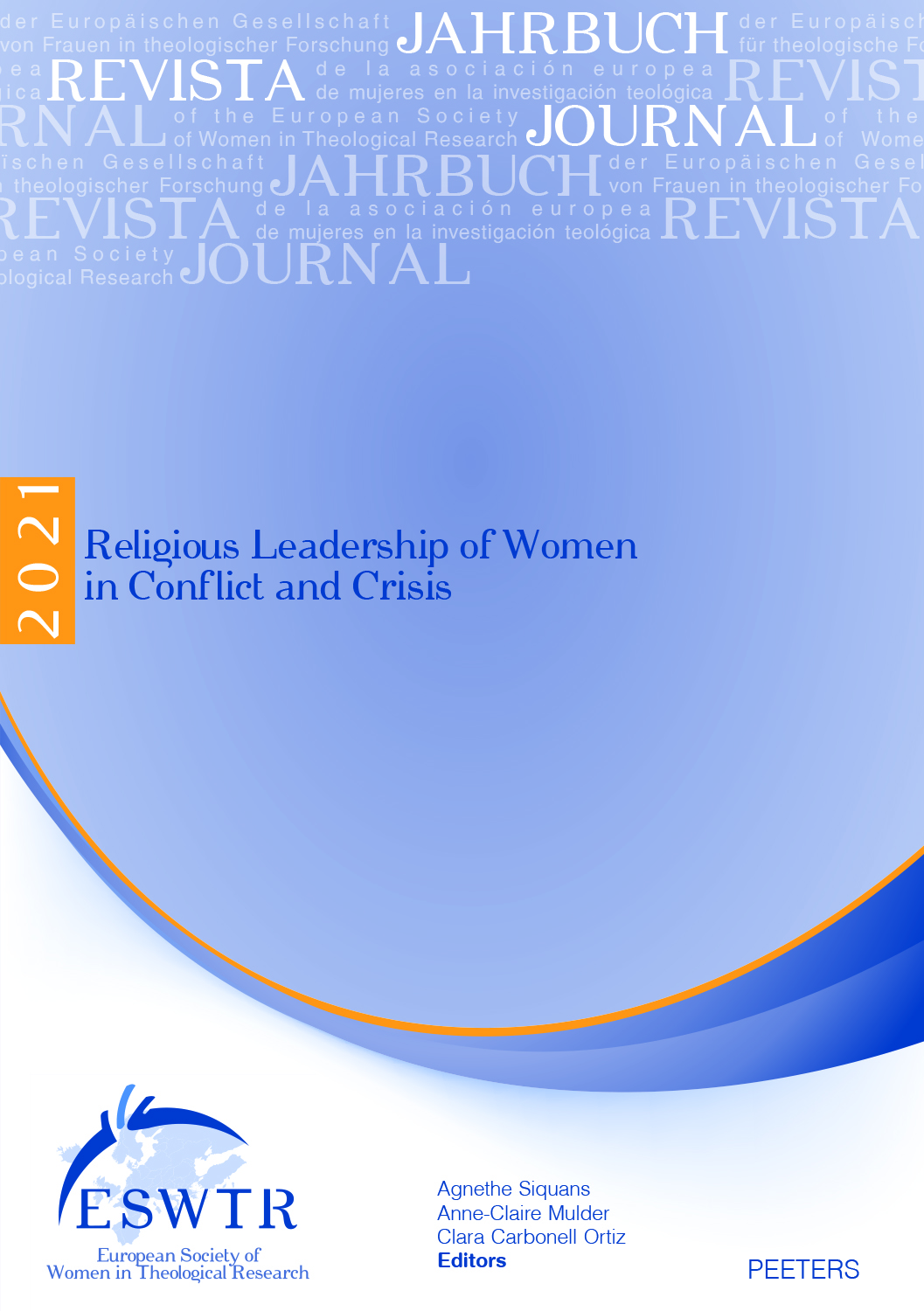 previous article in this issue previous article in this issue | next article in this issue  |

Preview first page |
Document Details : Title: Knechtin, keine dienstbare Magd Subtitle: Zur Geschlechterpolitik der Seelsorgehelferinnen in Österreich am Beispiel von Hildegard Holzer Author(s): PRÜLLER-JAGENTEUFEL, Veronika Journal: Journal of the European Society of Women in Theological Research Volume: 8 Date: 2000 Pages: 209-224 DOI: 10.2143/ESWTR.8.0.2023382 Abstract : Since the early twentieth century, female pastoral workers – lay women who are not members of a religious order – have been employed by the Roman Catholic Church. They were the first lay people to be involved in pastoral work. In Austria, Hildegard Holzer (1904-1995), first director of the Institute for Women Church Workers, which trained these women, was one of their prime supporters in the struggle for official acceptance by the Roman Catholic Church and structural support for the pastoral workers. Their experiences, and the arguments that they used, can aid a critical examination of the situation of women in the Roman Catholic Church today. The emphasis on particular female/feminine skills, or the argument that women may have a special call to church work, can be seen to be ambivalent, not only in the 1940s, ‘50s and ‘60s, but today. Les premières femmes laïques qui, sans appartenir à un ordre, furent chargées depuis le début du XXe siècle de missions pastorales par l’Église catholique de rite romain, sont appelées assistantes spirituelles. Hildegard Holzer (1904-1995), première directrice de l’Institut pour les professions féminines au sein de l’Église, où étaient formées les assistantes spirituelles, fut en Autriche l’une des principales promotrices de cette profession féminine, et soutint les femmes dans leur lutte pour se faire accepter au sein de l’Église et obtenir protection de la structure. Leurs expériences et leurs arguments, vécues et déployés des années quarante à soixante, permettent de voir d’un oeil critique la situation des femmes dans les professions pastorales et le débat sur l’ordination des femmes au sein de l’Église catholique romaine. L’insistance sur les aptitudes particulières de la femme ou sa vocation à servir l’Église est encore aujourd’hui chose ambivalente. |
 |


